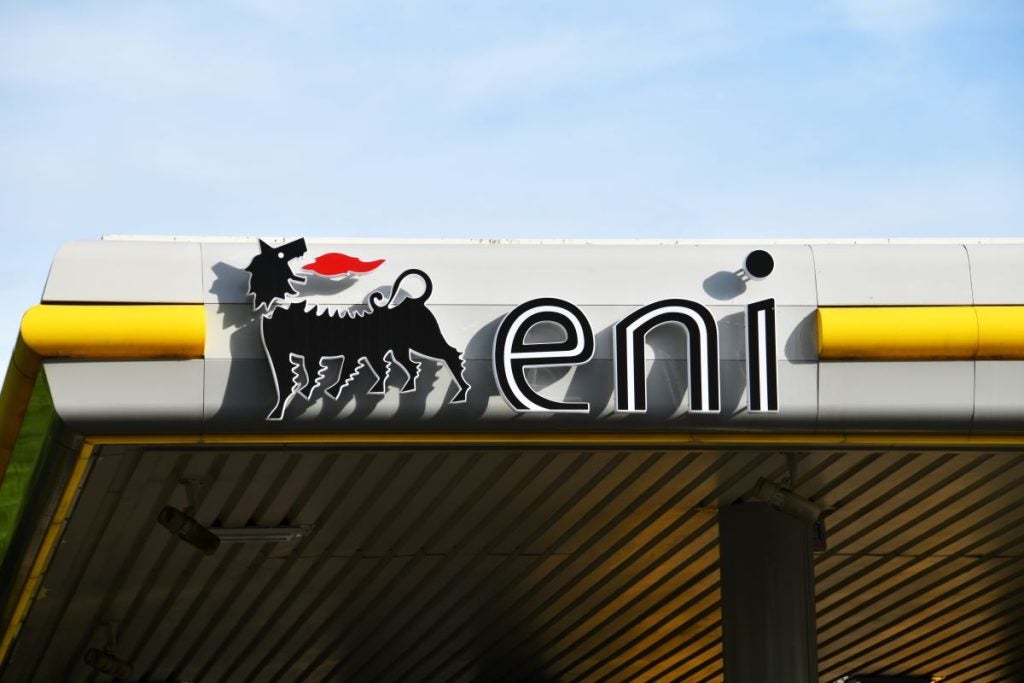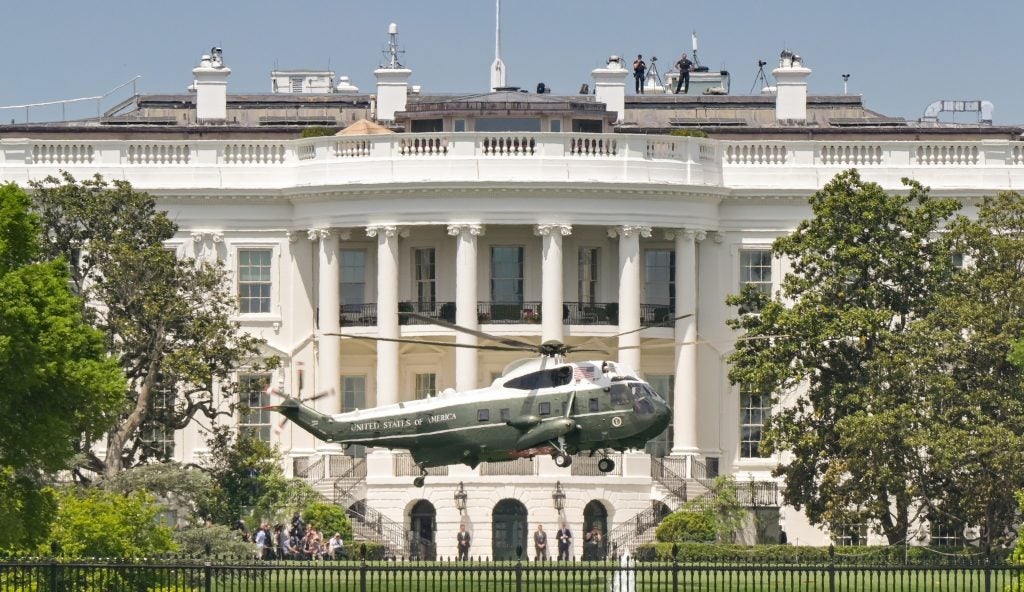Understand the impact of the Ukraine conflict from a cross-sector perspective with the Global Data Executive Briefing: Ukraine Conflict.
Germany is reportedly aiming to end oil imports from Russia this year, as the European Union (EU) countries seek to reduce their reliance on Russian fuels.
During a joint press conference with British Prime Minister Boris Johnson in London, German Chancellor Olaf Scholz said that the oil imports from Russia are expected to stop by the end of this year.
Chancellor Scholz was quoted by Reuters as saying: “We are actively working to get independent from the import of [Russian] oil, and we think that we will be able to make it during this year.”
Germany has been working to reduce its Russian energy imports after Moscow launched a ‘military operation’ on neighbouring Ukraine.
It imported approximately 35% of its oil requirements from Russia before the invasion. The figure now stands at 25%.
How well do you really know your competitors?
Access the most comprehensive Company Profiles on the market, powered by GlobalData. Save hours of research. Gain competitive edge.

Thank you!
Your download email will arrive shortly
Not ready to buy yet? Download a free sample
We are confident about the unique quality of our Company Profiles. However, we want you to make the most beneficial decision for your business, so we offer a free sample that you can download by submitting the below form
By GlobalDataBerlin has also reduced its Russian gas imports to 40%, from pre-invasion levels of 55%. Despite this, it may take until the middle of 2024 for Germany to completely phase out Russian gas imports, the news agency added.
It was recently reported that Germany is planning to nationalise the local subsidiaries of Russian firms Gazprom and Rosneft.
The EU has established a new common platform that will purchase gas, liquefied natural gas (LNG), and hydrogen for the member states.
European Commission Director General for Energy Ditte Juul Jørgensen held the first virtual meeting with representatives of the 27 member states.
The platform will seek to leverage the collective political and market weight of the EU to buy gas at stable prices from global markets, and ensure the effective use of the gas infrastructure within the region.
This will also help in maintaining steady supplies, as well as reduce its reliance on Russian gas.







